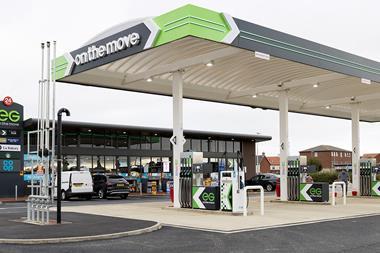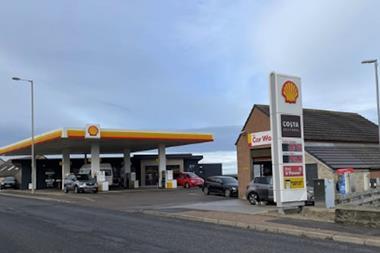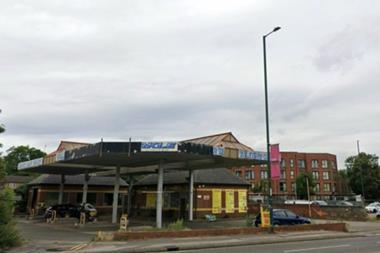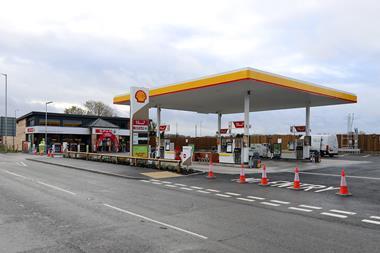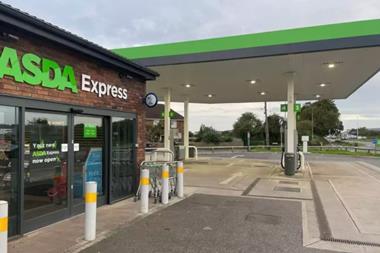
Forecourt retailers keen to sell sites should not feel under pressure to reduce their price because of the economic situation, advises specialist property expert Christie & Co. Its latest Business Outlook report, covering the sector, predicts that 2024 will continue to see demand for forecourts outstrip supply, with buyers attracted to the “needs-driven trading fundamentals that convenience retail assets offer”.
At the same time, it says, many first-time buyers are looking to enter the market, multi-site operators want to expand their portfolios with better quality, higher turnover stores to combat inflationary pressures, and there will be increased acquisitions by small multiple operators.
Despite multiples continuing targeted divestment programmes, a dearth of forecourt property on the market means operators should be cautious of would-be buyers approaching them direct. It is a common practice in the industry which can give the false impression that it is relatively straightforward to find a buyer off market, says Christie & Co.
“Forecourt deals were sluggish for much of 2023, and we saw many off-market deals take place where the seller is under valuing their site,” says Steve Rodell, managing director of retail at Christie & Co. He advises that to maximise the price achieved, and more importantly keep the accepted purchaser on track, forecourt sellers need to attract multiple potential buyers.
“This is something we are well-placed to assist with. We have seen attempts to use the economic situation to reduce the agreed price. There is no need if you have back up buyers to retain competitive tension throughout the deal process,” he says. “We have access to a solid pool of buyers who are looking to acquire in 2024 and encourage any operators considering a sale this year to get in touch to ensure they achieve the best outcome.”
The report also notes that transactional deal flow was slower than usual until the second half of last year, largely because of the increased cost of borrowing. However, lower inflation and interest rates helped to unlock the market in the second six months, with Christie & Co experiencing a 20% uptick in deals agreed.
At an independent level, asset sales under £3 million drove market activity with higher valued assets remaining a rarity or off market. Supply was limited as many retailers opted to invest in their existing sites or trade rather than sell, despite coming under pressure from supply chain inflation, price-sensitive customers and rising store theft.






















